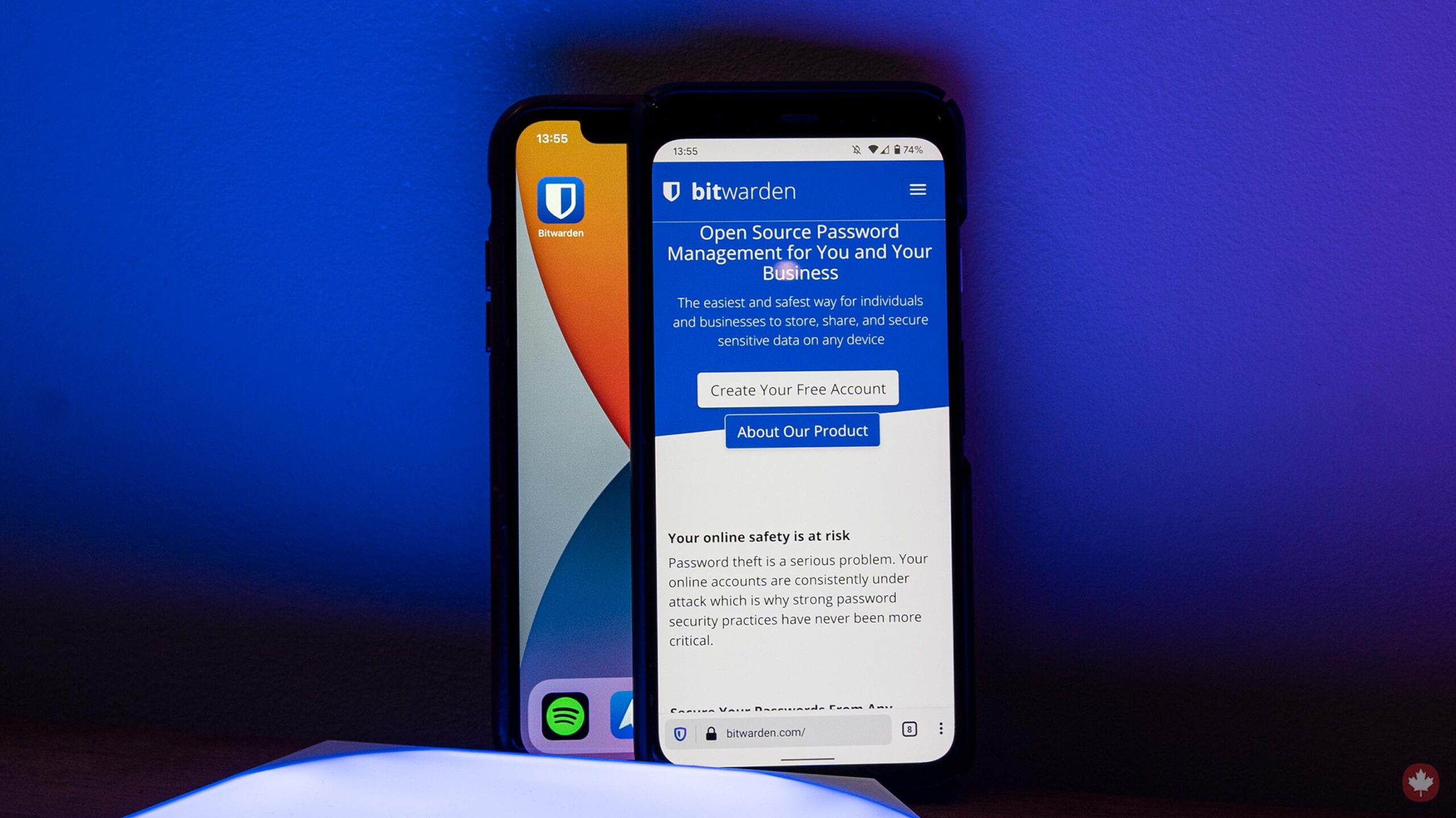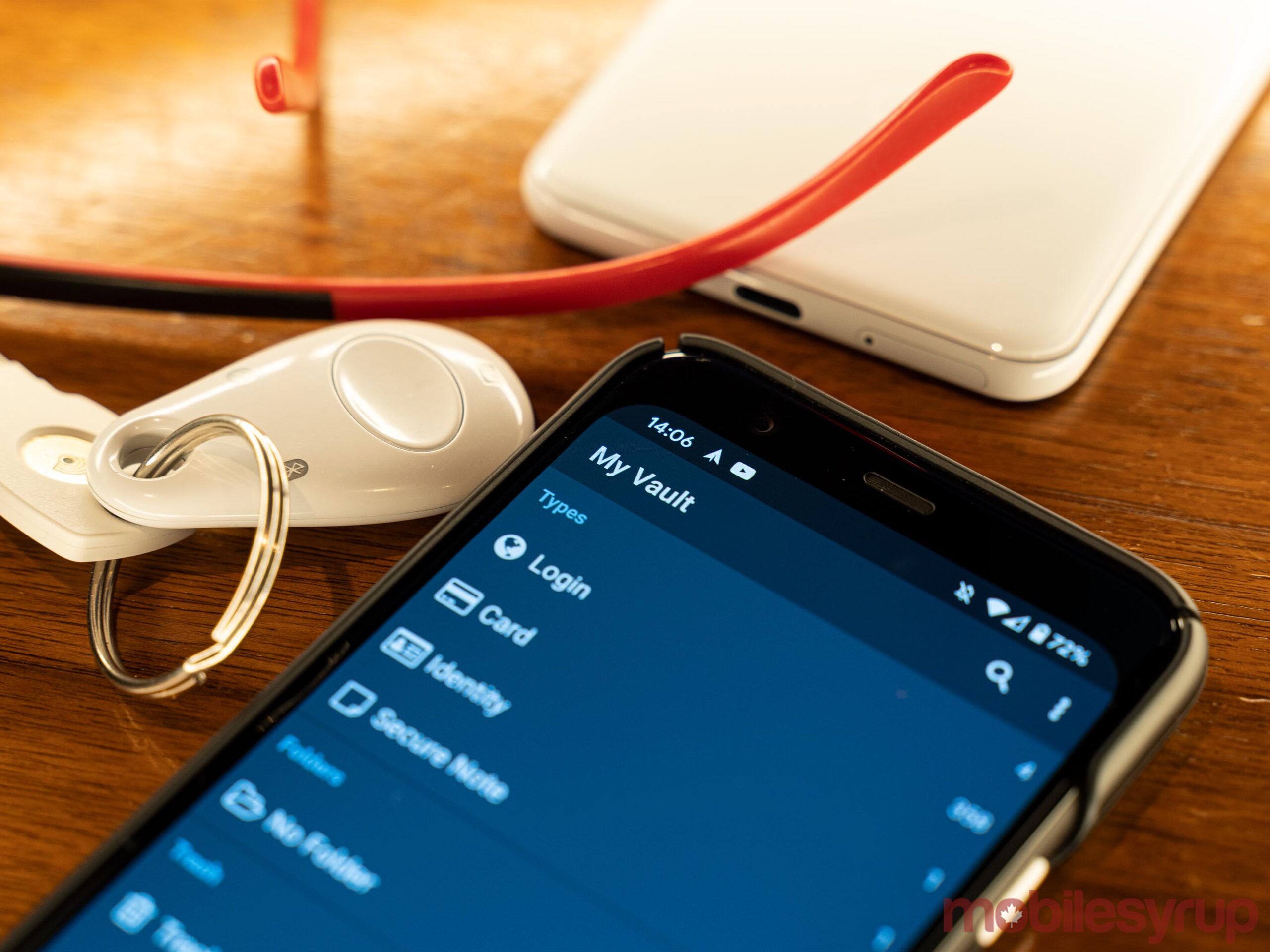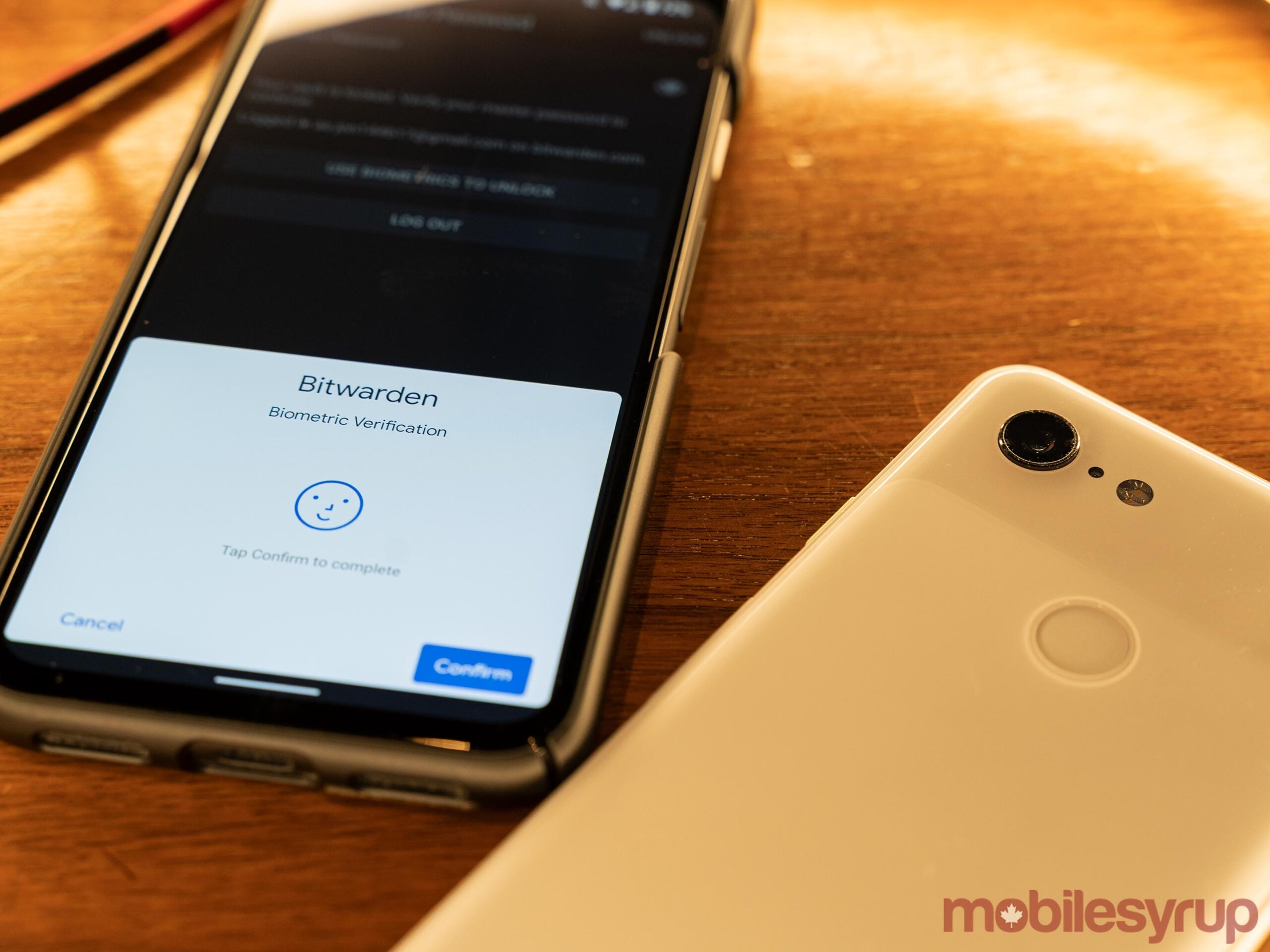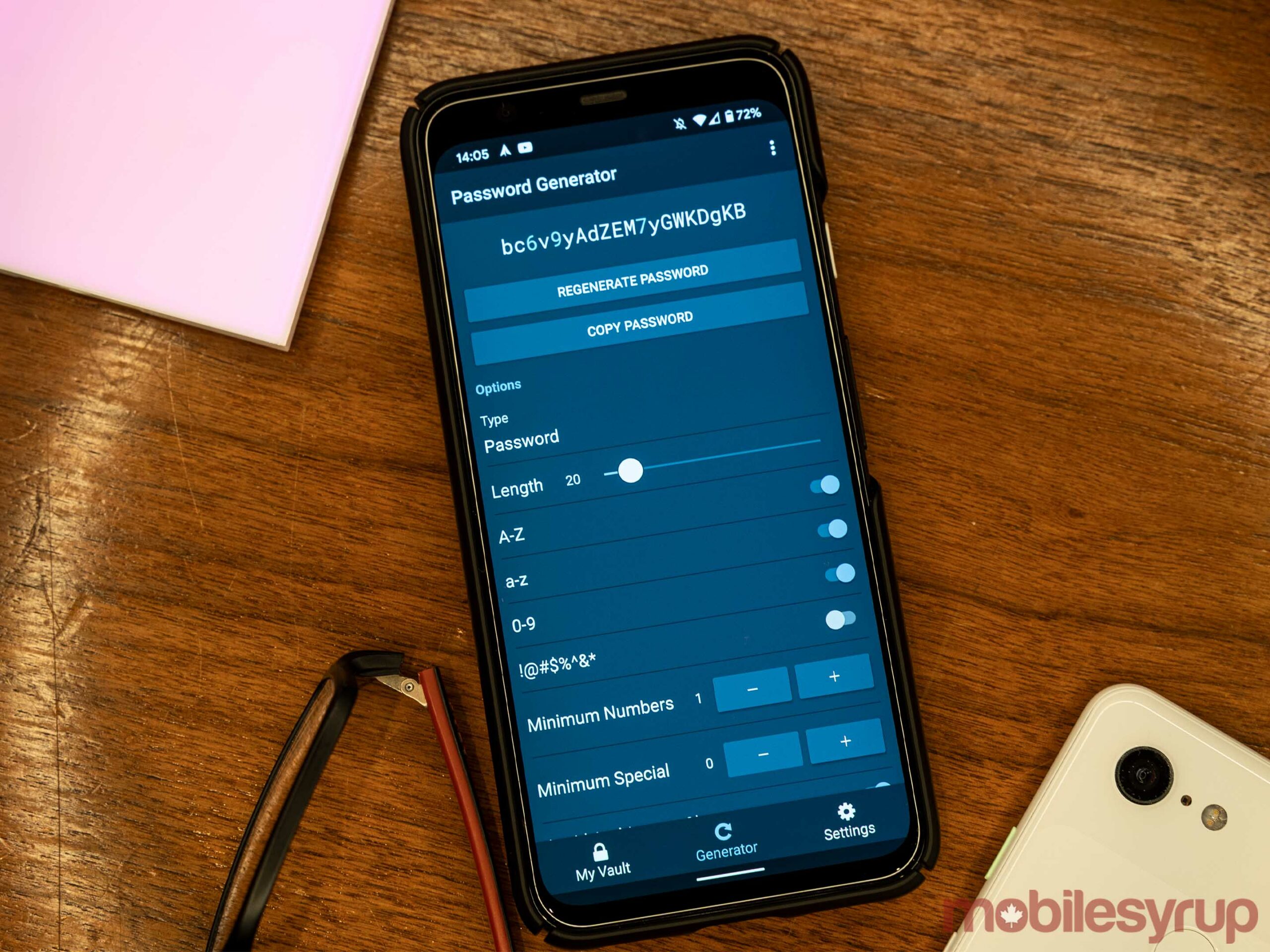
If you don’t have a password manager yet, you should really get one.
Aside from significantly improving the convenience of logging into websites and apps, password managers are a great way to better your online security. Most password managers offer the same basic functionality at a base level: a secure database of login details (such as usernames, emails and passwords).
Most also let you generate random secure passwords that, on your own, you would likely not remember. The other benefit is it lets you use a different password for every single website. That’s a huge help for security since if hackers compromise one password, they don’t compromise them all.
All that said, there are a variety of excellent password manager options out there. However, I’ve recently discovered Bitwarden, which goes above and beyond what some of the others do, and at a much better value.
As such, I thought it’d be worth highlighting Bitwarden for others looking to jump on the password manager train or looking for a better option to keep their online accounts secure.
Free and open-source

One of the biggest benefits of Bitwarden is its free and open-source model. Anyone can sign up with the app’s free account, which includes almost every major feature.
On the free tier, you can sync all your devices with no limits — a huge advantage for me since I swap phones so often. Bitwarden also has apps on nearly every platform, including Android, iOS, web, Windows, macOS and Linux. The Bitwarden extension also works with Google Chrome, Safari, Firefox, Vivaldi, Opera, Brave, Microsoft Edge and Tor. There are even more options, too, such as command line support.
All told, I’ve yet to find a password manager with broad support like Bitwarden.
Bitwarden’s free tier also lets you store unlimited items in your vault and use the company’s secure password generator.
Premium offers a little extra, but is worth it

Bitwarden offers a premium tier as well, which costs only $10 USD ($13.38 CAD) per year. It includes extra features like support for time-based one-time passwords (TOTP) — those codes sites often send to your phone to authenticate you. Additionally, the premium tier lets you connect a two-factor authentication (2FA) device like a YubiKey to unlock your vault.
Finally, Bitwarden premium includes vault health reports, which can reveal exposed passwords, reused passwords, weak passwords, unsecured websites, inactive 2FA and data breaches.
Bitwarden offers business plans as well, but there is a family sharing option that lets regular users privately share passwords with up to five users.
As amazing as the pricing is compared to other password managers, one of the more unique parts of Bitwarden is that it’s open-source. That means the software code is available for anyone to look at, and Bitwarden says it has a global community of people vetting and improving the code. The added transparency definitely brings some peace of mind.
Interestingly, some people feel the need for even greater security measures, so Bitwarden allows users to self-host their password libraries. For the average person, that’s likely overkill — not to mention to do it securely, you need to know your way around server hosting and more. Still, it’s a welcome addition, even if I’ll likely never use it.
Bitwarden also has third-party companies audit its software for security vulnerabilities and other issues. The company recently released its 2020 Network Security Assessment, which you can view here.
Just as good, if not as pretty

I started using Bitwarden near the beginning of July. Before Bitwarden, I used both Dashlane and LastPass. While I was happy with both, the open-source code base added some extra peace of mind for me.
Aside from the open-source features and the lower price tag (Dashlane costs about $50 CAD yearly after the conversion), I’ve not found myself missing anything.
The two most significant drawbacks so far for me are, firstly, that Bitwarden’s apps are not as pretty as other options. Perhaps Dashlane, with its excellent looking mobile apps, spoiled me. But the appearance hardly means anything, and for the amount of time I actually spend using my password manager app, it is certainly not worth an extra $40 every year.
Regardless of aesthetics, Bitwarden’s apps function very well. Filling login forms worked almost flawlessly on both desktop and mobile. The app supports various biometric authentications on mobile, and works with both iOS and Android’s autofill software and more.
The other major missing thing I noticed was that Dashlane had a built-in feature for automatically changing all your passwords. While handy, I didn’t use it often enough for it to make a difference.
All in all, I found Bitwarden to be an excellent and reliable piece of software, two important things for a password manager. To anyone considering getting a password manager — or switching to a new password manager — I can’t recommend Bitwarden enough. That said, with any critical security software, it’s essential to do plenty of research to make sure it will work for you.
You can learn more about Bitwarden on its website, or download it for free on iOS or Android.
MobileSyrup may earn a commission from purchases made via our links, which helps fund the journalism we provide free on our website. These links do not influence our editorial content. Support us here.


